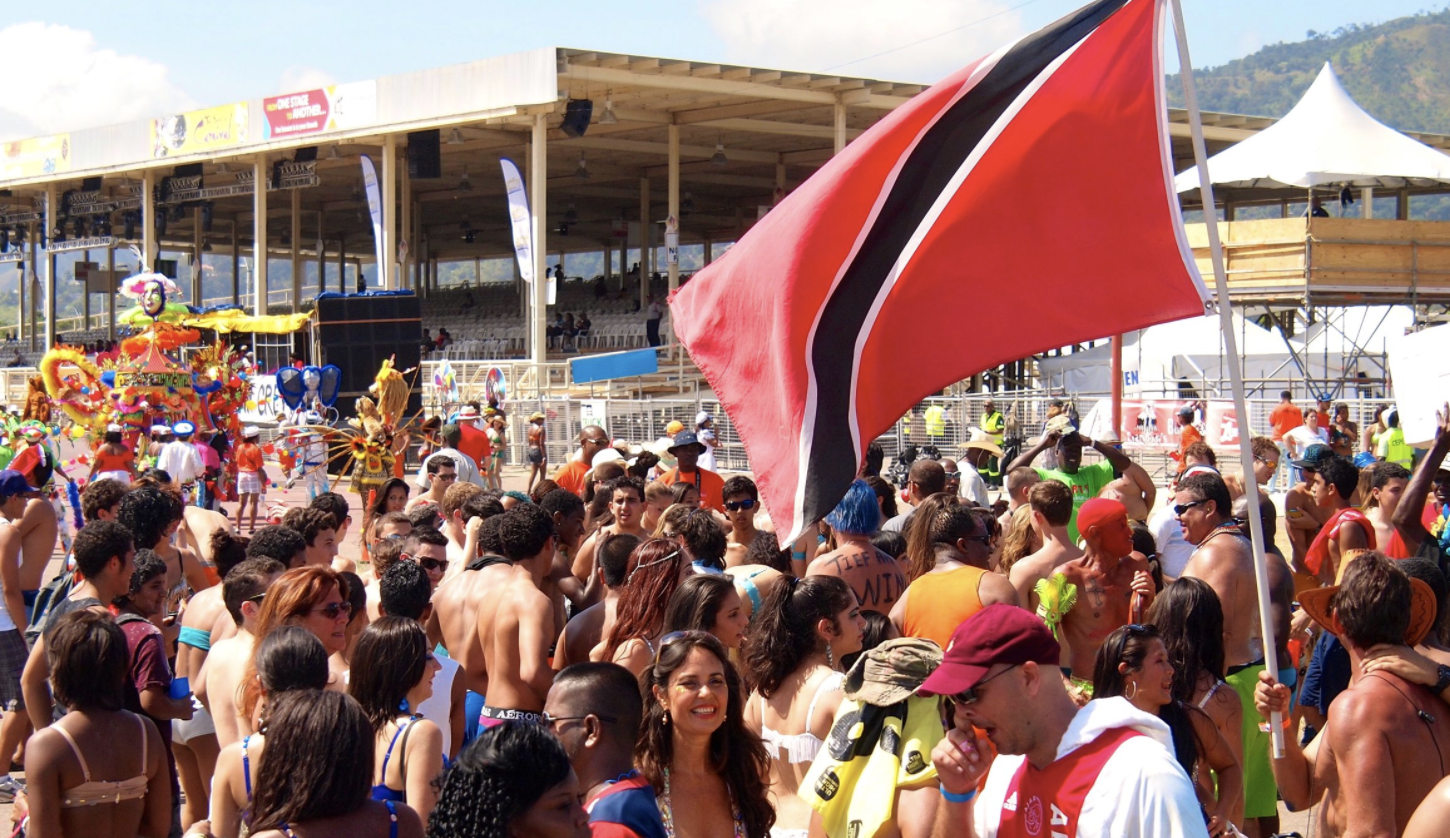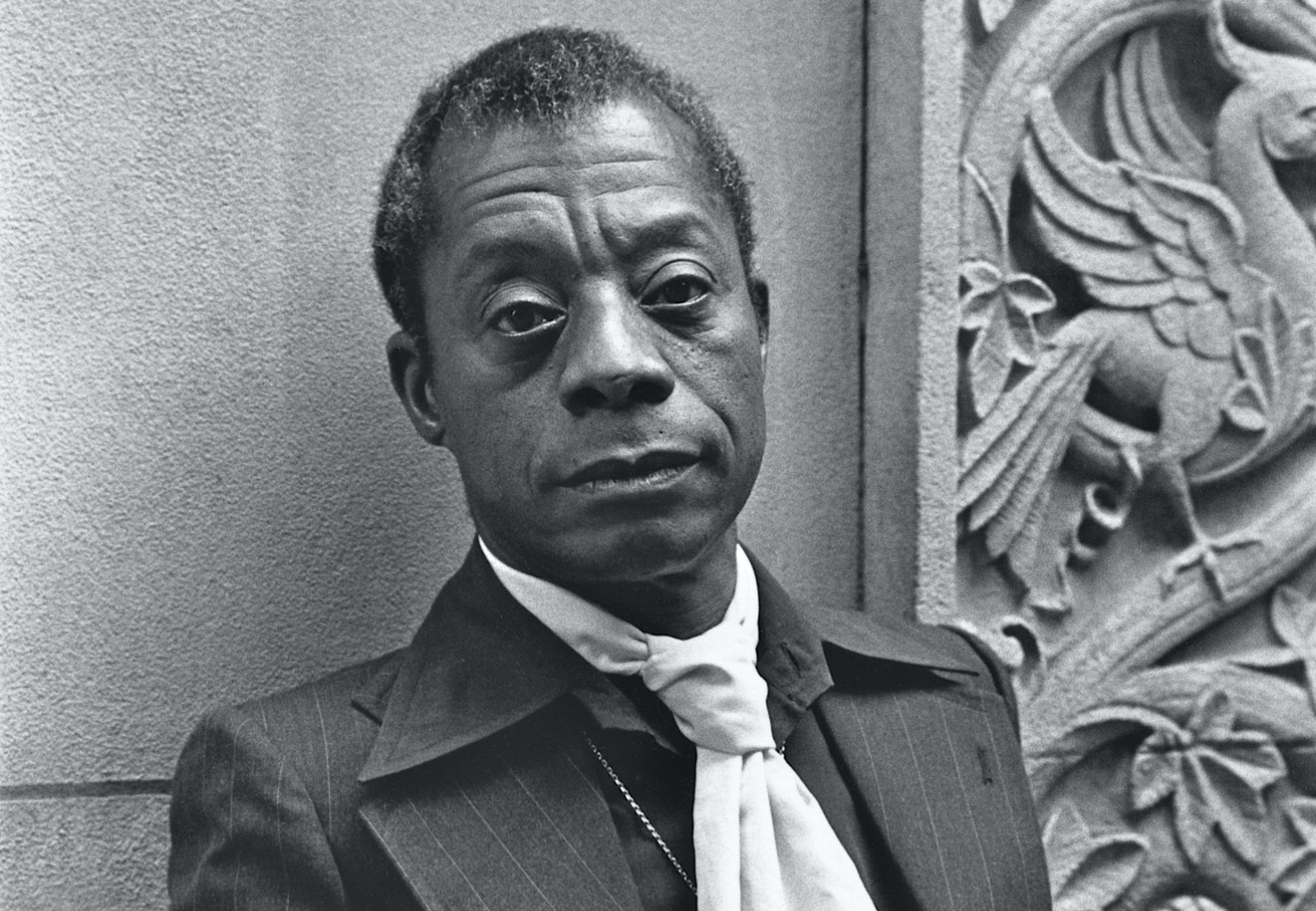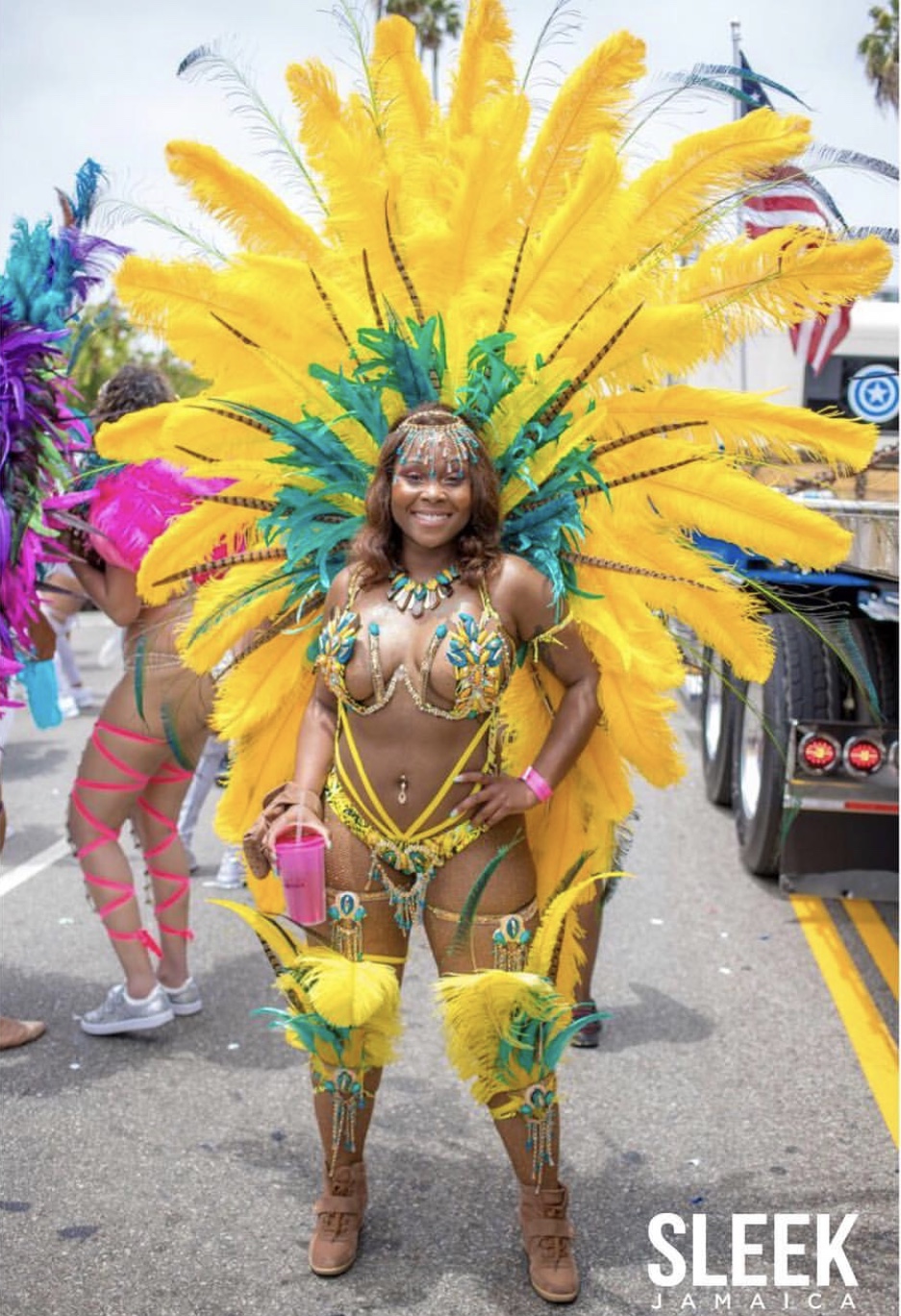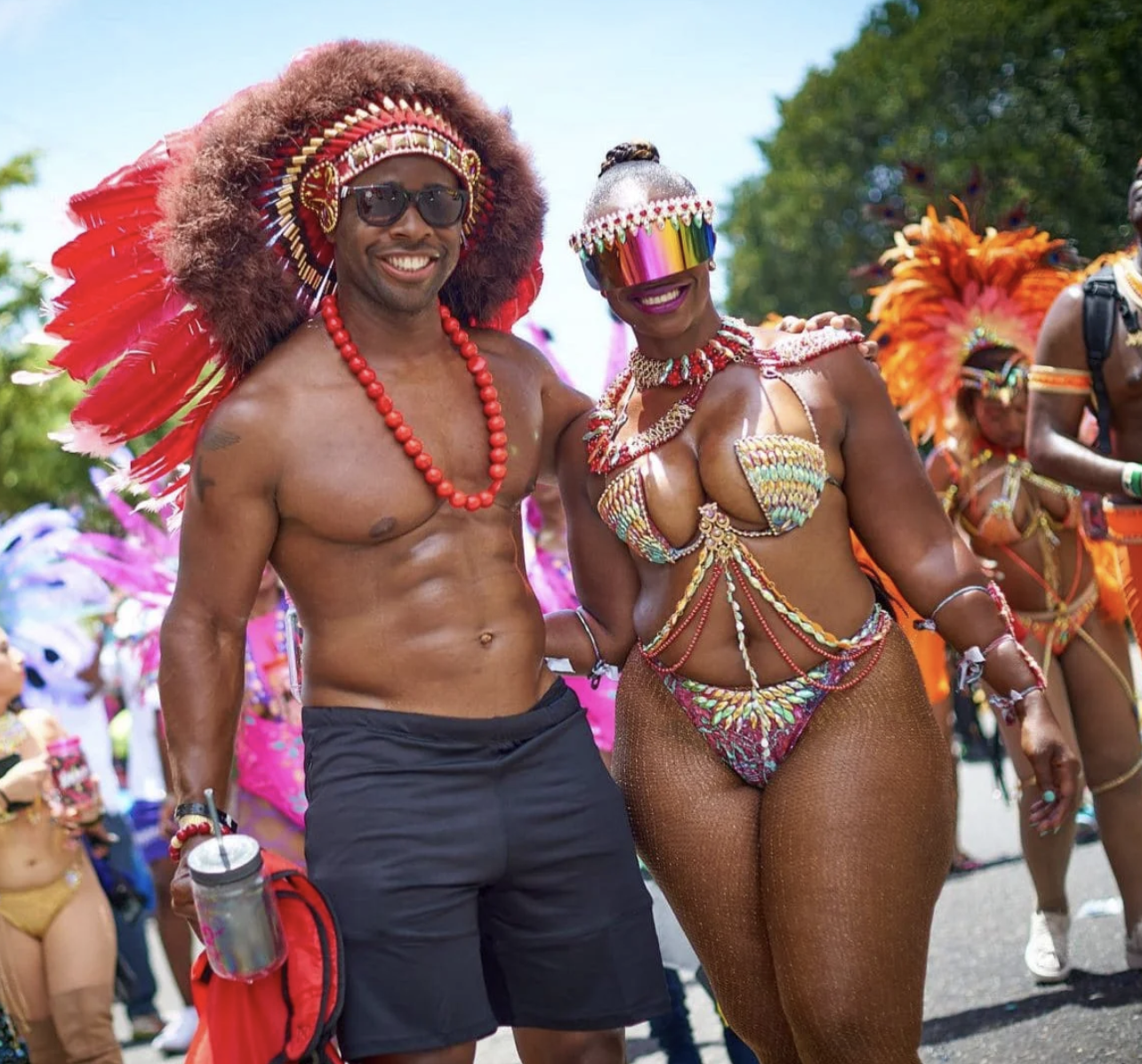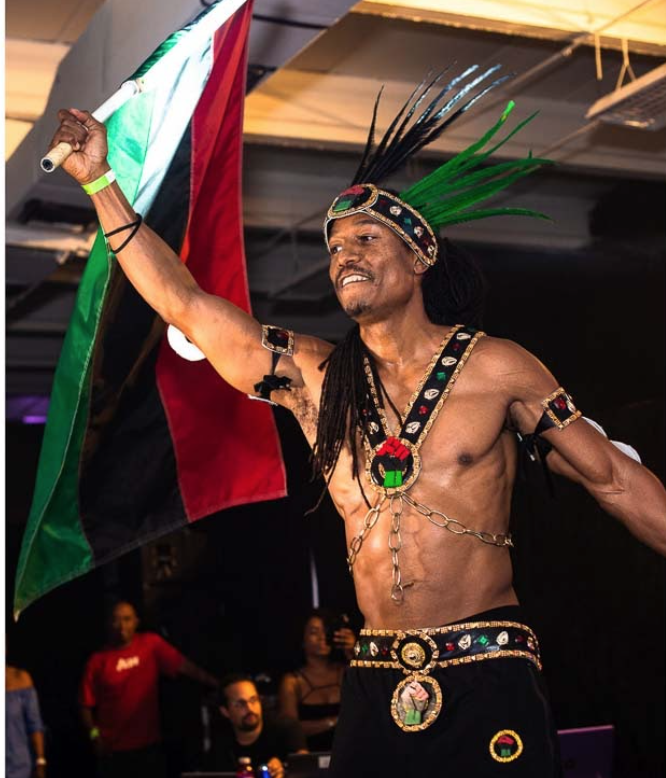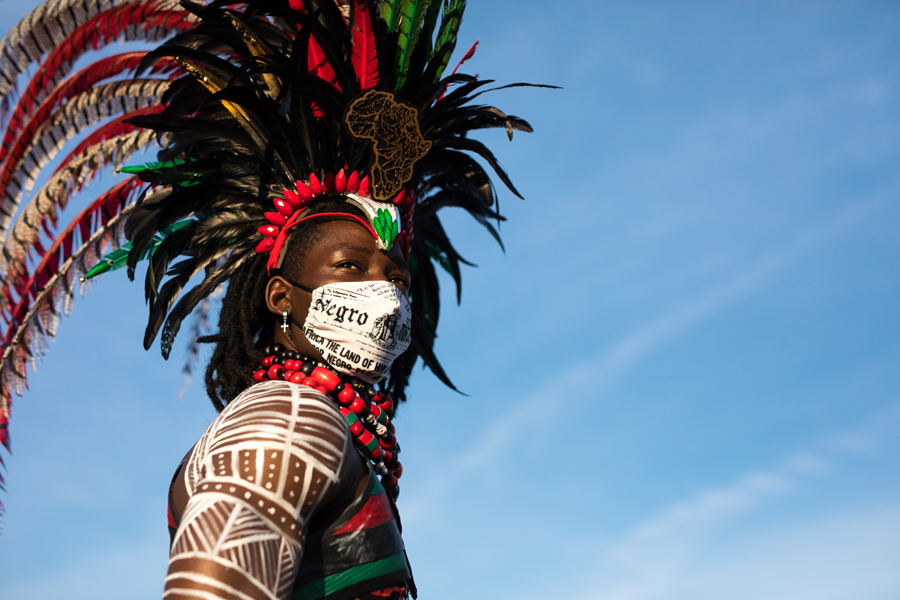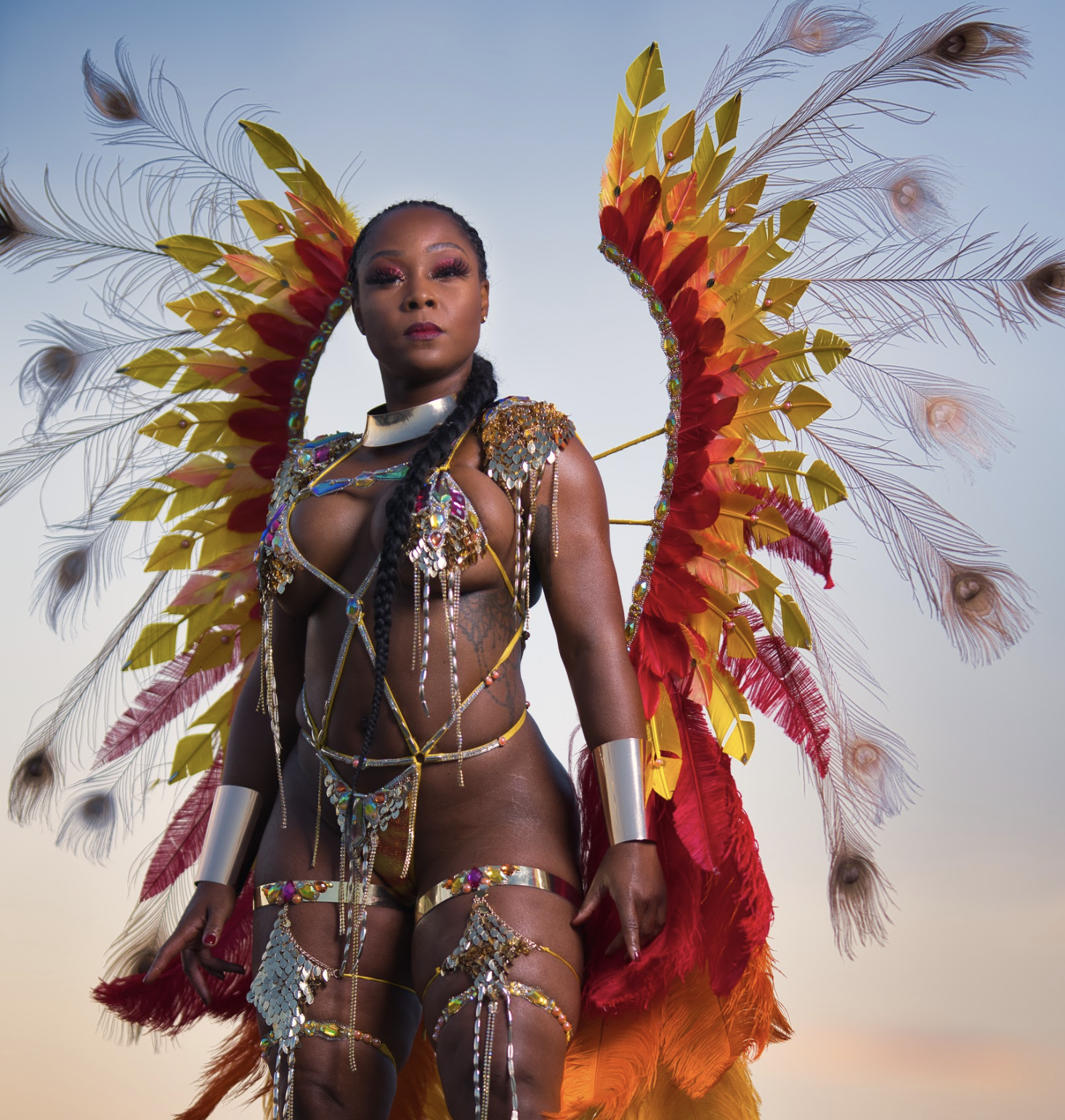Uncertain times like these can bring out the absolute best in humans, but it also affords several opportunities to highlight the very ugly gaps that exist amongst races and cultures.
Over the past week or so I found myself scrolling Instagram just like most people stuck at home looking for some kind of stimulation to get my mind off the world’s state of affairs no thanks to COVID-19.
I remember when 9-11 happened. People bonded and put their differences aside like nothing I have ever seen before. People from all different walks of life prayed together for unity and peace.
But this COVID-19 got people on some other shit.
Nonetheless, I found myself scrolling past a post from a popular Caribbean platform that called attention to a woman who had done a challenge video rocking a Trinidadian flag.. and she ALLEGEDLY wasn’t Trini.
Just like my previous blog, I believe that people should come to Carnival as they are, but I also respect the reasons why masqueraders choose not to wear a flag that is their own. HOWEVER… I found myself stunned as I read comments summarizing the vitriol over cultural misappropriation as “its just a piece of cloth”.
Hold up.
Let’s put it this way: When you go to church and take communion, do you think you are receiving wine and crackers? Most people would agree the on presentation/symbolism of the body and blood of Christ.
The church is definitely a heavy example, but there is symbolism in everything. Why isn’t this accepted with other cultures as it pertains to Caribbean people and their island countries?
And if you’re still thinking it a piece of cloth, let’s do a QUICK (but not all encompassing) break down the symbolism of the Trinidad & Tobago flag.
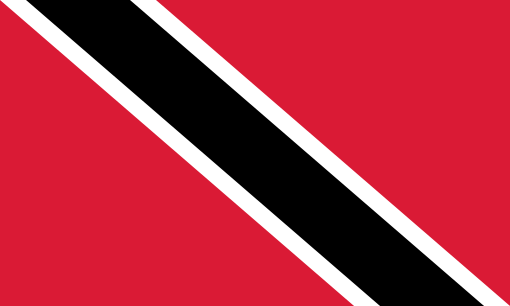
The color/shade black is a representation of the strength in numbers of its unified people. Red represents the strength of its people Trinidad and Tobago on the left and right of the flag. White represents the sea which binds the two islands together. These colors were chosen representing all elements of the earth (wind, air, fire, water) encompassing the past, present and future.
To discount an island-country’s flag is to completely dismiss its rich history and lays ignorance its people… their experiences and struggles that you may not possibly ever be able to relate to.
So who are you to misappropriate a flag based on it being a piece of cloth to YOU?
People from all over the world are more than welcome to enjoy the Caribbean culture and play mas. But lack of respect for the culture and a expressed desire to not honor their flags as they should is what leads to the very harsh criticism that I have seen on social media. Flags aren’t fashion accessories. Their flags aren’t something that you wave only in the spirit of Carnival to put down and away until you feel like waving it at your next fete or Carnival jump. These flags represent a way of life that is not your own. Please be respectful.
How do you feel about waving a flag that is not your own? What makes you do it? If you are of West Indian descent, how do you feel about people who choose to wave flags from different island-countries?
